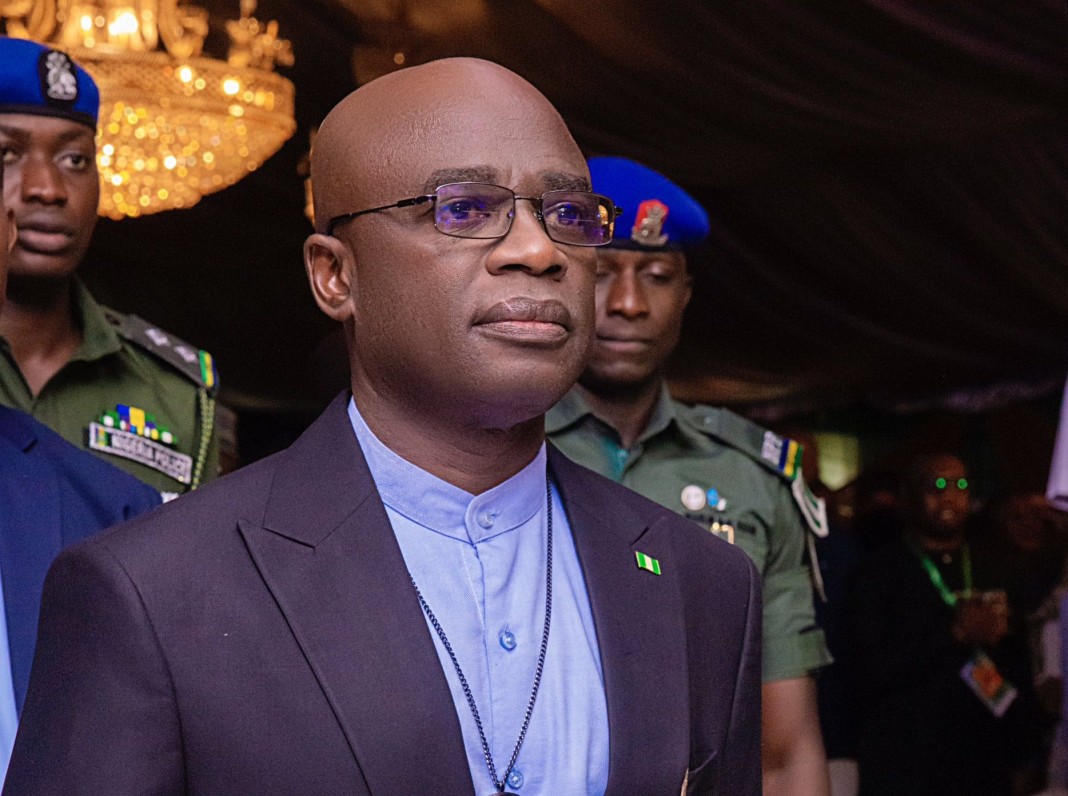That’s quite a bold and serious stance from Governor Alia — and it definitely sends a clear message about control, coordination, and security in Benue State. The fact that he openly said he cannot guarantee the safety of anyone entering the state without clearance is telling. It suggests heightened tensions or perhaps concerns about political interference, security threats, or even exploitation of the Internally Displaced Persons (IDPs) situation for optics or ulterior motives.
On one hand, it makes sense: with the delicate situation surrounding the IDP camps, any unscheduled visit — especially by politicians, NGOs, or international bodies — could disrupt operations, create security challenges, or be misinterpreted as a political move. Requiring clearance through BSEMA adds a layer of accountability and structure.
But on the other hand, it could also raise questions:
- Is this a way to control who gets access to sensitive humanitarian situations?
- Could it deter legitimate aid or advocacy groups who might be trying to help?
- And what happens if someone does visit without clearance — will they be turned away, or face consequences?
It also reflects the fragile nature of governance and safety in some parts of Nigeria, where local authorities feel the need to assert control so explicitly.
What’s your take? Do you think this kind of move helps maintain order, or could it risk stifling transparency and humanitarian access?

